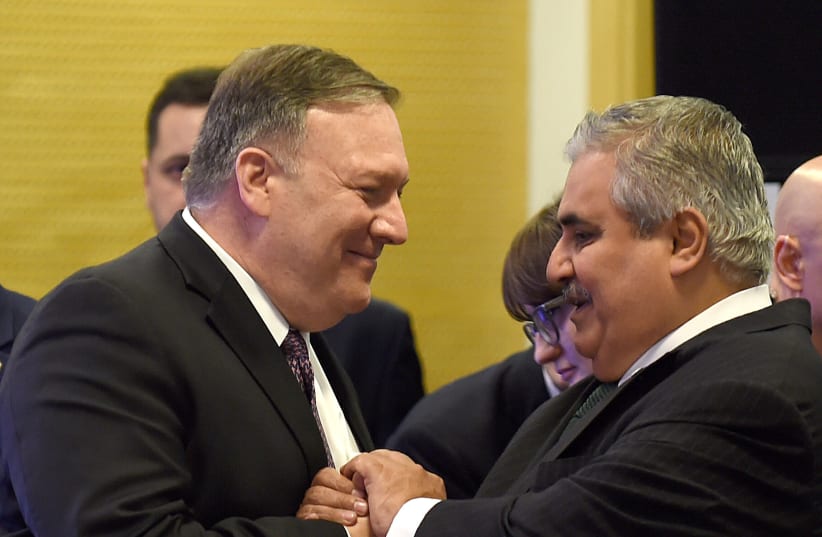Bahrainis, Saudis show understanding of Israeli actions against Hezbollah
Signs of thawing ties with the Persian Gulf countries; Saudi journalist al-Ghabin says Palestinians already have a home and it is Jordan. “Most of the Arab people will stand with Israel," he conclude
